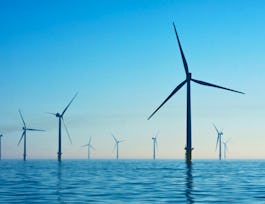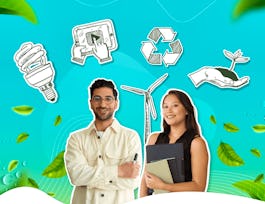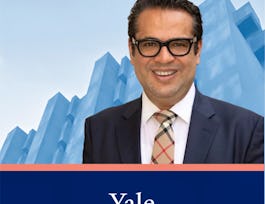Are you concerned about climate change? Would you like to learn how to address and respond to this challenge? If so, this course is for you.
Act on Climate: Steps to Individual, Community, and Political Action is intended to help learners understand, address and respond to climate change as individuals and in partnership with their communities and political leaders. The course focuses on how to translate learning into action on climate change in the areas of food, energy, transportation and the built environment (cities). This course was co-developed and taught by Michaela Zint, Professor of Environmental Education and Communication, and University of Michigan Students. A range of academic climate change experts and professional leaders are featured. As a result of completing this course, you will be able to: 1) Identify individual, community, and political actions you can engage in to effectively address and respond to climate change. 2) Describe how insights from the social sciences can be employed to create change at the individual, community, and political levels. 3) Feel empowered to continue to influence how you, your community, and political leaders address and respond to climate change. Use #UMichActonClimate on social media to share what you're doing and connect with other learners.


















